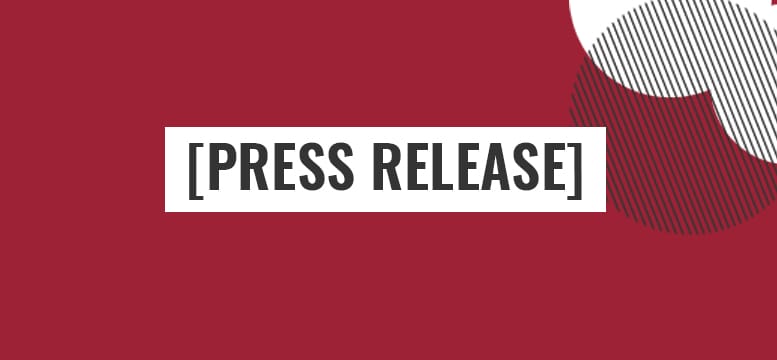Trends Hospitals, Inpatient Rehabilitation Facilities and Other Long-Term Acute Providers. Need to Address to Drive Growth in 2019
Austin, TX, Jan. 23, 2019 – Cantata Health, a leading provider of EHR and RCM solutions that improves the health of facilities and their residents through greater patient visibility, operational efficiency, and successful financial outcomes, today released a white paper offering a glimpse into the trends that will drive the most growth this year in acute care.
Focusing on hospitals, inpatient rehabilitation facilities and other long-term care providers, Cantata Health’s white paper offers unique insights into technology, regulations, and increased business complexities that will have a big impact on acute care facilities in 2019.
“Industry trends, regulations and technology are coming together in 2019 in ways that will change the landscape for acute care and long-term acute care providers for years to come,” said Krista Endsley, President and CEO of Cantata Health. “Our team of industry experts have worked with our clients to identify some of the trends and opportunities that professionals in the industry will need to be aware of and address to meet the healthcare needs of the communities they serve and operate efficiently and effectively.”
Cantata Health’s 2019 predictions for the future of acute care include:
More healthcare organizations than ever will use data to offer personalized care. As analytics rapidly become a competitive differentiator for providers and payers alike, and the inexorable shift towards value-based reimbursement continues, there will be even more pressure on organizations to whip their databases into shape.
Denials management is going to be increasingly reliant on proactive measures. Many software options can now target problem areas in the claim denials management process. These tools integrate with existing medical billing and/or EHR systems to make data transfer more efficient and comprehensive information more accurate. Employees need to know the importance of correct coding to avoid denials. Clinical and revenue cycle management staff should collaborate to fully appreciate clinical documentation challenges and proactively fix coding errors and other items that lead to denials.
Hospitals will invest more in business improvement solutions, and enterprise resource planning (ERP) adoption rates will reach 50 percent. ERP solutions saw adoption of around 38 percent in 2018, and we fully expect that to rise in 2019. Enterprise resource planning tools are essential in helping hospitals gain a wide-ranging view of their financial well-being. The ability of ERP systems to integrate several business applications, such as accounts payable, human resources, general ledger, materials management, and more, into one system, is attractive to hospitals looking to improve business operations.
Automated supply chain management will be one of the most common ways to save money in 2019. With advances in technology, it’s viable to improve your supply chain management and save critical dollars. Additionally, it can increase patient care quality, as the number of circumstances in which supply shortages postpone certain types of care is reduced. Hospitals that use automated supply chain management technology also report significantly less time spent on supply chain management. Before moving forward with automated supply chain inventory management, you need an implementation plan, staff training, and the solution that’s right for your organization’s unique needs.
Technology has positive and negative impacts on patient interaction, and 2019 will be one of the more difficult years to balance this mix. We see the conundrum of having to offer so many avenues for patients, and that’s why 2019 is going to be both pivotal and challenging. Offering a variety of communication options for patients – without increasing staff burnout and while positively managing widely disparate patient expectations – is a great way to stand out in a competitive market, this year and well into the future.
To get all the details, read Cantata Health’s “The Future of Acute Care: Predictions for 2019” white paper in its entirety. Earlier this month, Cantata Health released predictions about the future of long-term care.
Learn more about Cantata Health’s solutions for acute care facilities.
About Cantata Health
Cantata Health delivers award-winning software for acute, post-acute and long-term care (LTC) facilities that is purpose-built to improve the health of the facilities and their patients/residents. Cantata Health’s Revenue Cycle Management (RCM), financial management and Electronic Health Records (EHR) software is configurable to meet the unique needs of each facility or system; provide staff and administrators with greater visibility to patient care across the continuum of care; ensure predictable financial outcomes; improve back-office operations; clinical efficiency; and revenue recovery. Headquartered in Austin, Texas, our team of experts provides uncommonly attentive service and support.

